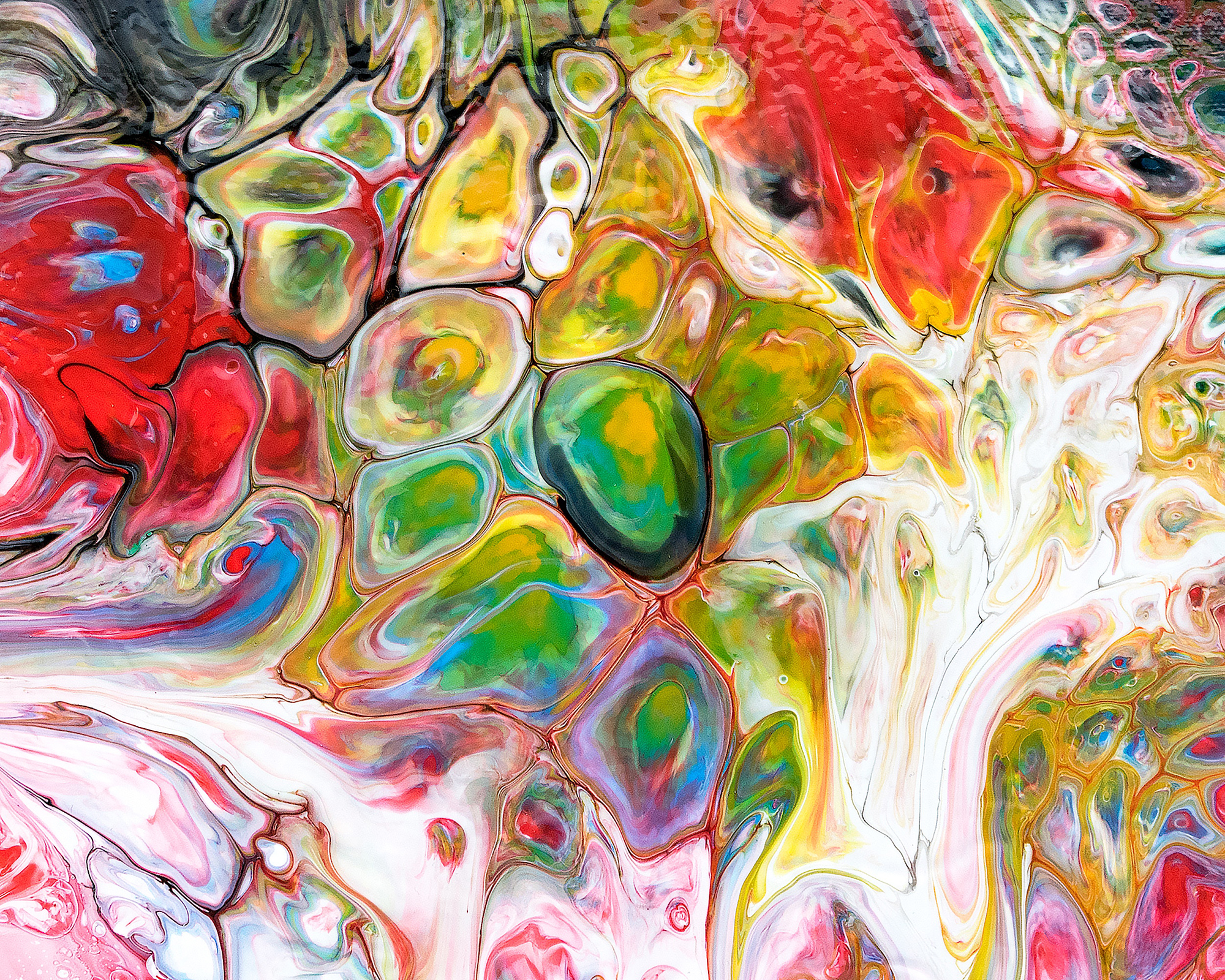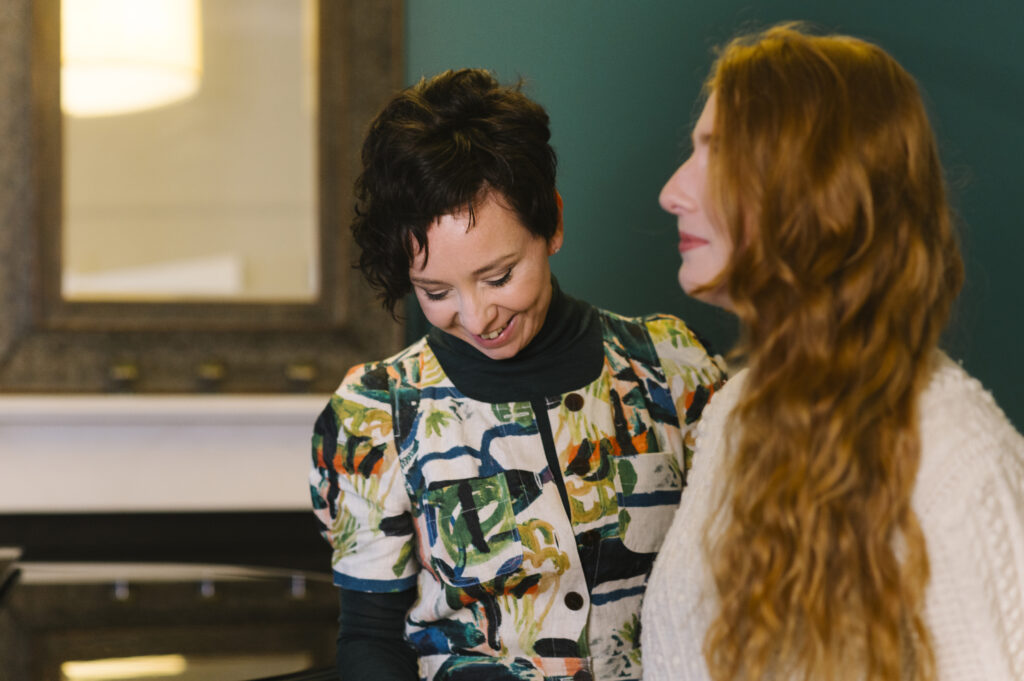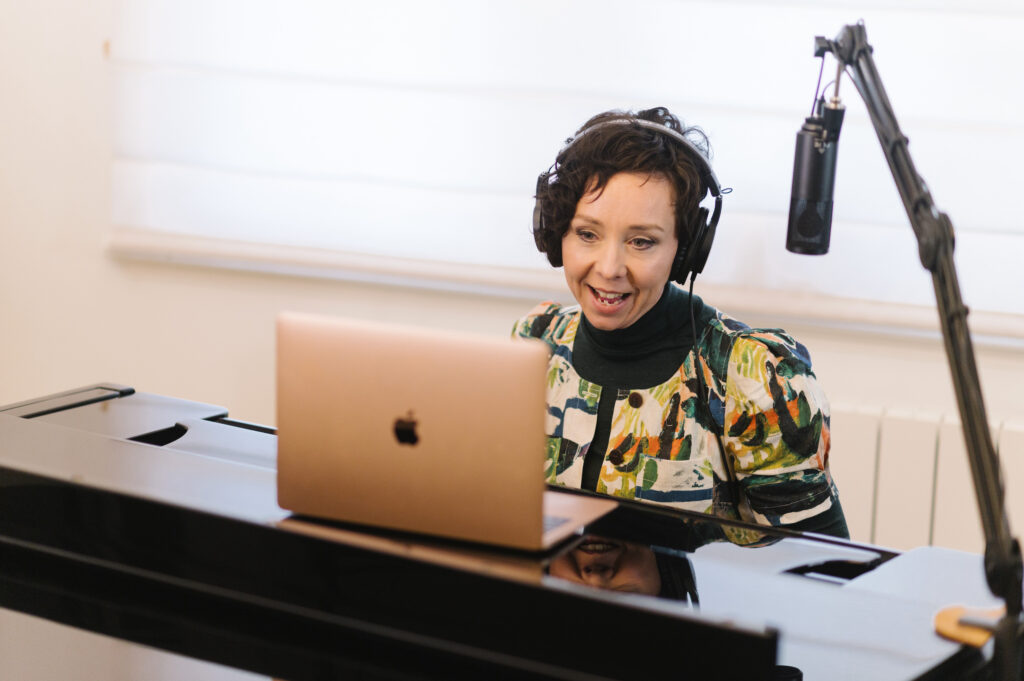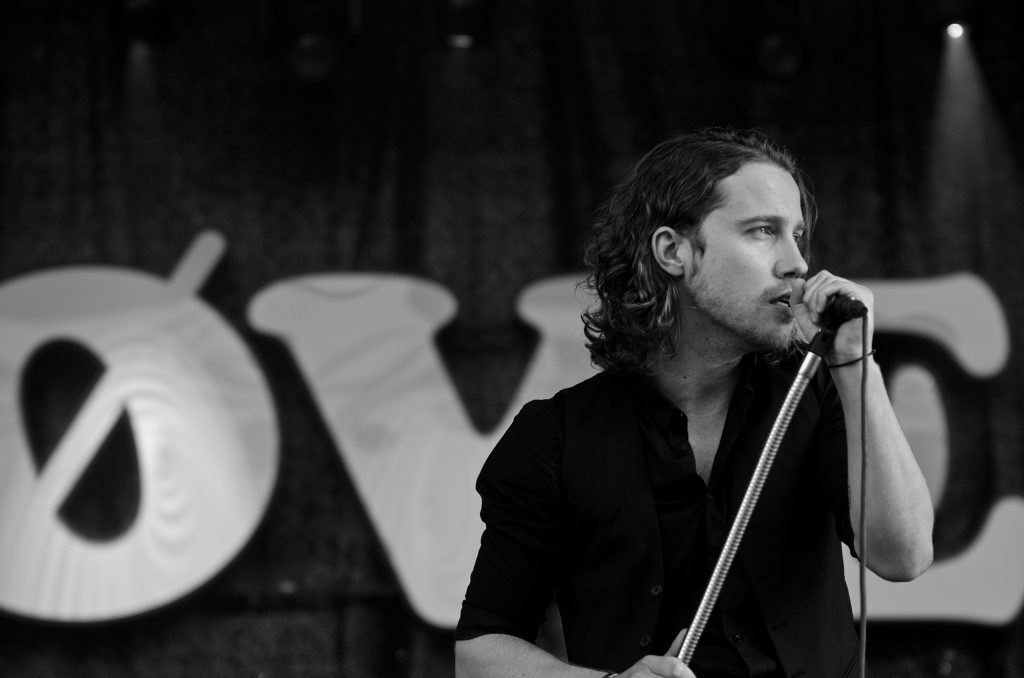I’m currently enrolled on a course, CoreSinging with Doctor Meribeth Dayme. The module today focussed on consciousness (in its various forms). Writing this blog is a way for me to process one of the many concepts that were explored and I sincerely hope it may ignite something positive in your singing and creativity.
Do you sometimes find that it seems impossible to get out of your own head when you sing? Like its ridiculously difficult to just open up your mouth and trust the sounds that you are going to make? If I’m honest, this is a battle for me. My conscious mind wants to constantly kick in and evaluate every single gesture, note, line – its pretty exhausting and stifling from a creative perspective! Happy to say that
I don’t have this problem when working with my clients – its like my inner critic is reserved especially for me (grrr!)
The fact is, our conscious mind is far too slow to cope with whats needed when we sing (it processes about 7-40 pieces of info per second) making spontaneity and fluidity almost impossible. We need these skills to create beautiful, honest, in the moment interpretation of song. On the other hand our subconscious mind has the ability to process millions of pieces of information per second – pretty amazing right? Even better, higher consciousness transcends both of these! Higher consciousness is that deep knowing, peace, freedom, creativity.
A possible entry point into accessing our subconscious/ higher consciousness when singing may be distraction therapy. Which is literally what it says it is! Getting out of your own head mean “do something other than what you are doing”. If you are familiar with your learning style this may be an amazing way for you to utilise distraction – for example if you know that your learning style is Kinesthetic (movement) then purposeful gestures of the arms or steady dance moves may awaken your sub/higher consciousness. You can find out more about your learning style by taking this VARK questionnaire.
Once you have found out your learning style, utilise this so that the next time you practise and are feeling stumped by your own thoughts or criticisms, try distraction therapy by doing something that relates to your learning style, deliberately moving your attention away from singing. Take a recording of yourself without using distraction, then another whilst using distraction. Can you hear any subtle or even dramatic differences as you let go of your conscious mind? It may be worthy to write down your emotional response to each process – did you feel greater ease whilst being distracted? Did you feel a deeper connection to the song and your body?
I believe that our learning style is something that is unique and innate in all of us and so its important to have some understanding of this so that it can be utilised when we need to. Distraction may be a pathway into letting go of our inner critic when we sing – moving us towards a “trust” of what is within.
I hope this helps you!










